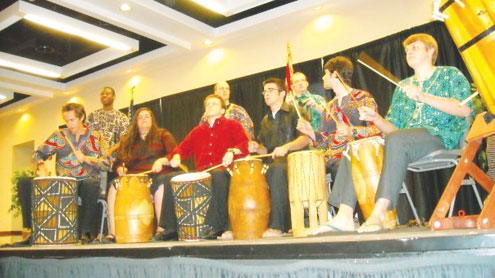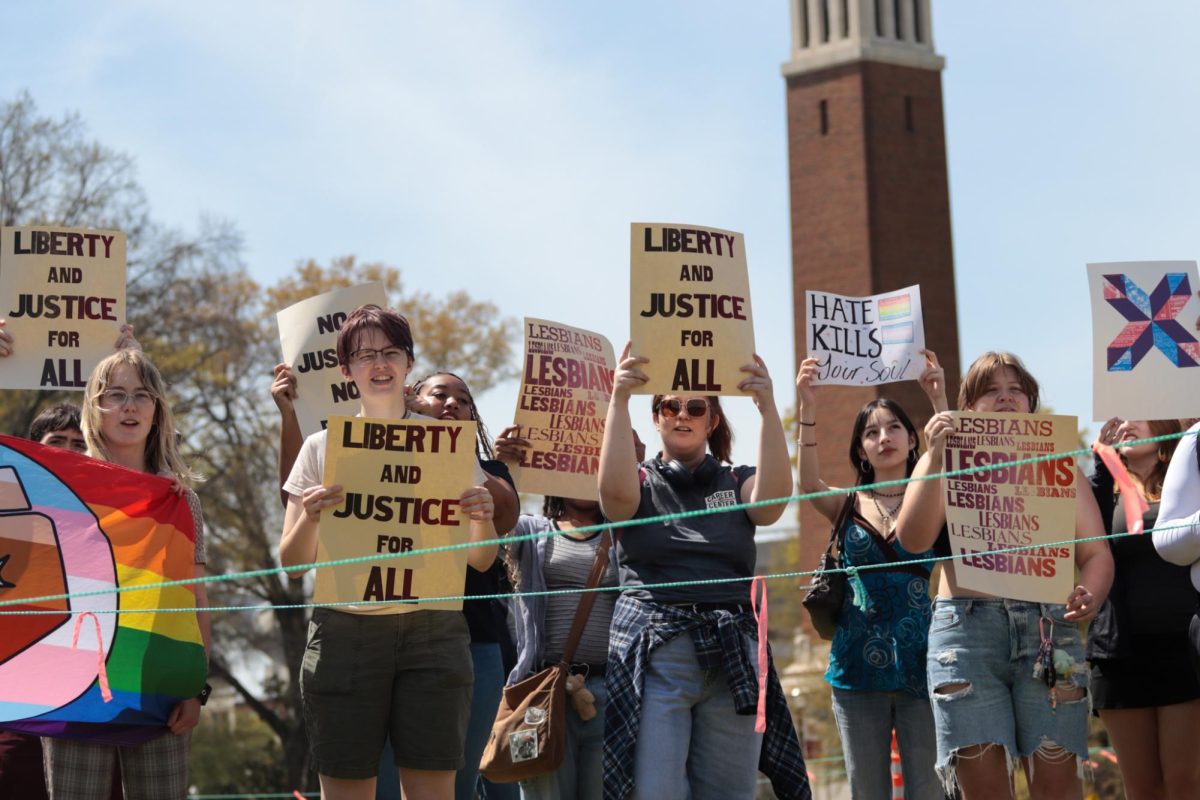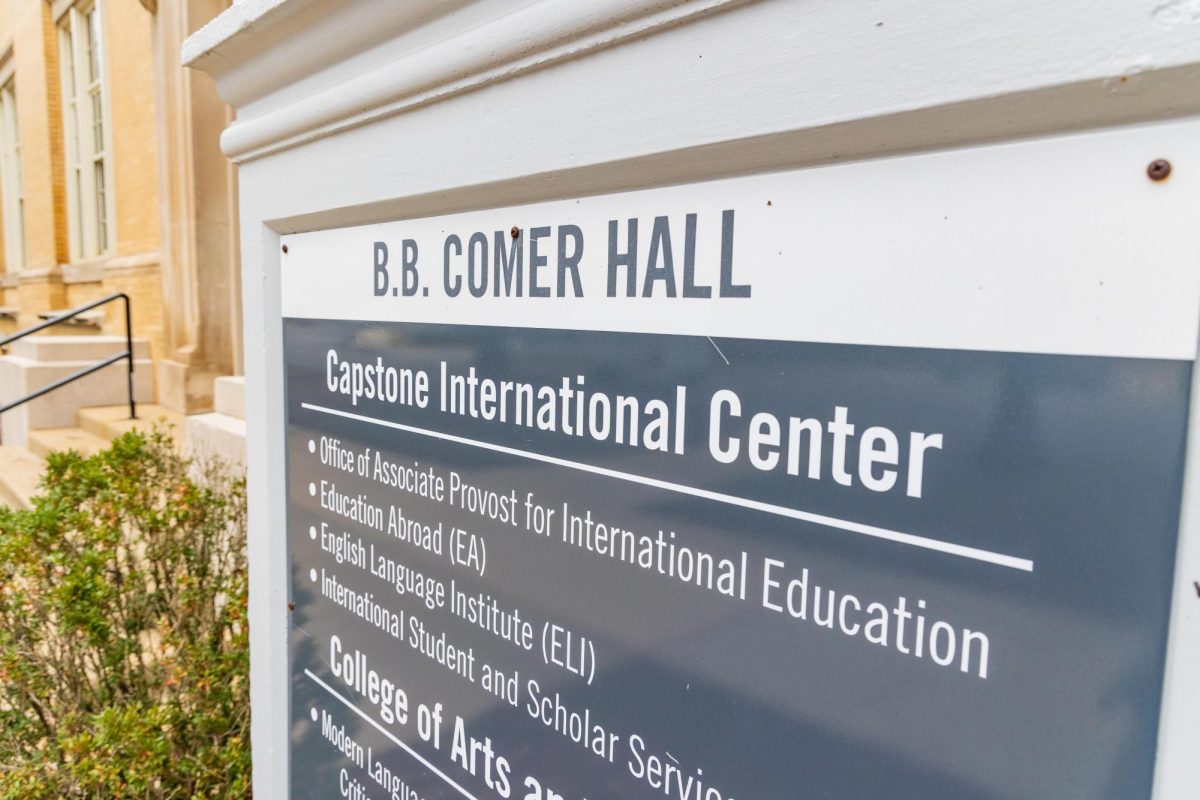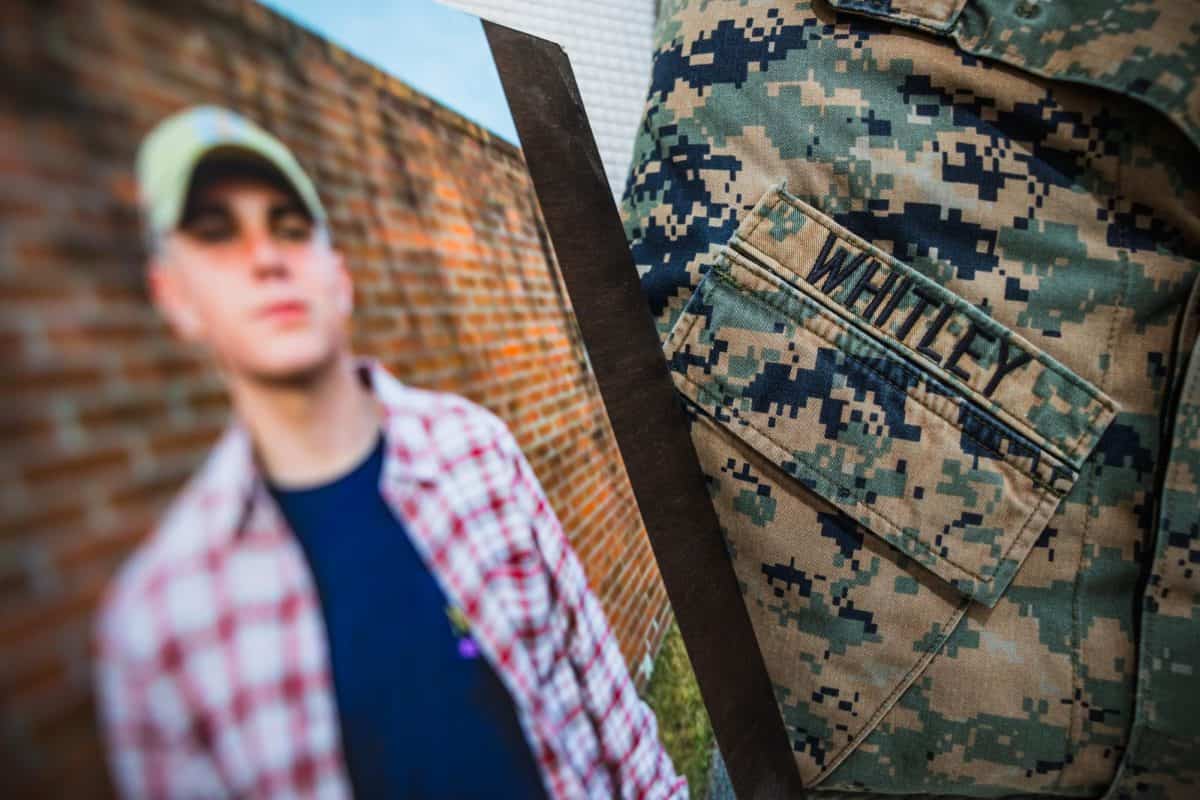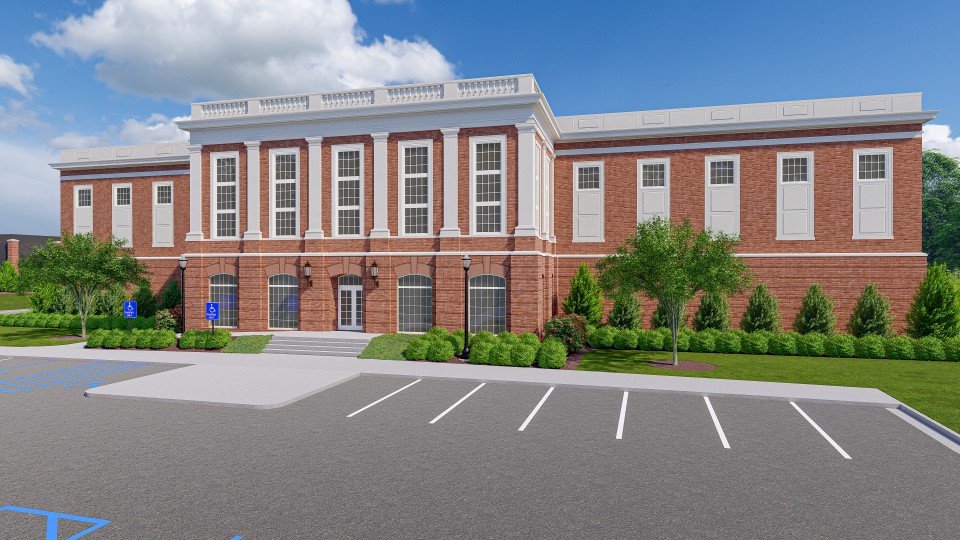The word “Apwonjo” means “I teach” in the Ugandan language of Luo. It is also the name of a University of Alabama organization, and Apwonjo members take the word’s definition to heart by organizing events to educate UA students and Tuscaloosa residents about issues affecting sub-Saharan Africa.
Madeleine Haddock, Apwonjo president and UA junior, said the group is made up of students with a desire to learn and connect across international borders.
“Our focus is on issues pertaining to sub-Saharan Africa,” she said. “We recognize the need to look outside our own borders and unite with our fellow humanity around the world.”
Apwonjo was founded at the University in 2007 and is not affiliated with any national organization, Haddock said.
“We hold events on campus here at the University of Alabama and in the larger Tuscaloosa community to raise awareness about issues of social justice,” Haddock said.
Haddock said the organization’s agenda varies each semester, depending on what the members are interested in. Apwonjo holds regular bake sales to raise awareness and funds for HIV/AIDS in Africa. The group also hosts speakers throughout the semester.
“We strive to bring speakers such as Bishop Andudu to campus, who was here last week speaking of the genocide in the Nuba Mountain regions of Sudan,” Haddock said. “That’s what college should be about – learning as much as you can about the world in the short time you are here by taking full advantage of all the amazing opportunities on campus.”
This semester, Apwonjo also hosted a roadie crew from Invisible Children, a non-profit organization that works to end the abduction of children in Eastern Africa by the Lord’s Resistance Army. The IC roadies screened their documentary, “Tony,” for UA students.
Austin Lafferty, a junior who invited IC to campus in conjunction with Apwonjo, said events that help students learn about global issues are important.
“It is a huge contrast to see our security versus the lack of security they have in their lives,” he said. “I think it is good for people to see what is out there – especially those who haven’t experienced much else. To see how children in other parts of the world are living their lives.”
Valerie Walters, treasurer of Apwonjo, credits a similar documentary screening as inspiring her to join Apwonjo.
Walters, a junior, watched “What Are We Doing Here?” her freshman year. The film explored how charity given to Africa is often harmful.
“The movie [was about] that just giving money and doing the normal things to help Africa and charity causes won’t necessarily work,” Walters said. “Apwonjo piqued my interest by showing how giving back and getting involved in international and African issues can be carried out in a unique way.”
Haddock encourages any students interested to attend an Apwonjo meeting to learn more.
“Come to an Apwonjo meeting if you are interested in hanging out with a group of creative and passionate people constantly seeking to educate themselves and their peers.”
For more information about Apwonjo, visit apwonjo.org



